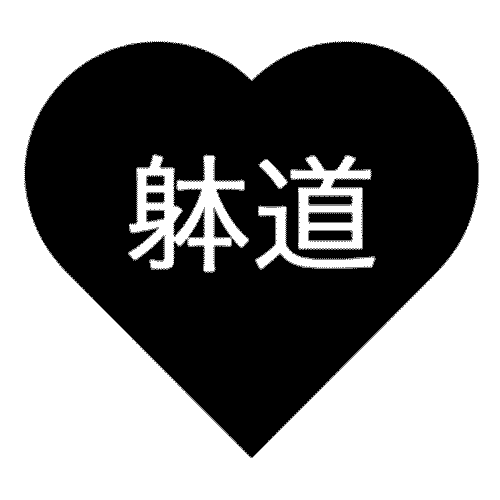By now, you should have incorporated regular logging of your training. You've probably noticed that you can move better when you're relaxed and that you can relax easier when you breathe. If you've been doing the balance drills and dynamic swings in your warm-ups, your kicks will have begun to show increased speed and control. Today's tip is about where to place attention when learning new techniques, or practicing ones you already know. When we watch someone who is really good at a particular movement, we tend to want to emulate their skill. Unfortunately, it's not usually as easy as just watching and doing. We have to train our bodies and minds to perform the movement correctly. Chances are that the people whose skills we wish to emulate practiced a great deal to refine their technique.
Technique
What is technique? In it's most basic form, technique is performing a particular action that produces the desired outcome in the most mechanically efficient manner possible. Technique is good mechanics. Nobody begins Taido with a prior knowledge of proper technique - the movements we perform in training are just too far removed from daily life.
We have to develop good technical mechanics through practice.
Accuracy
The key to developing technique is accuracy, and this should be the first goal when practicing any movement.
When your instructor teaches you a new movement, you should pay close attention to performing it as precisely as possible. Don't tense up (we already know that relaxation is preferable to tension), but focus on moving your body exactly as the technique dictates.
In Japan, we teach students to avoid "muri" and "muda" - impossibility and waste. This means to avoid either forcing the body to do things that are unnatural, or adding unnecessary movements. Accuracy simply means to make the technique as close to correct as possible - without forcing it or cheating it.
Ideally, we want to discover the exact mechanics of each technique that result in the most efficient and effective movement. This can take a lot of practice, but it's the first step to mastery. People with excellent technique spent time developing accuracy.
Precision
After some time of practicing for accuracy, precision will naturally develop. As we refine the technique, we will begin to notice certain things that make the movement easier and better. As this happens, we will start to develop a habit of performing the movement the same way each time. We want this precision.
If accuracy is the first goal in mastering a particular movement, precision is the second.
Precision means that the body responds like a machine when performing that technique. You should almost feel as if your body is a robot - a precision instrument designed specifically for performing the task at hand. This increases efficiency. You want to be able to hit the same target time and time again with the same amount of power and perfect control of your balance. (Hint: exhale).
Precision leads to control.
Control
Once you can produce predictable results, it's time to try and change those results. Control is the ability to be achieve a desired outcome. Once you can perform senjogeri precisely in it's most basic form, you need to develop the ability to kick at different heights and distances and at different angles.
Control comes after precision because control requires us to predict the result of achieving a particular movement.
Speed and Power
Speed and power are often held up as markers of skill or mastery. They aren't. At least, not until they accompany accuracy.
Speed without accuracy is hit-or-miss. We may be able to respond quickly, but that doesn't mean our technique will be effective. We may have power, but if that power misses the target, it doesn't do anything.
Accuracy is the key. Accuracy leads to precision, and precision leads to control. If we can control our techniques, increasing speed is just a matter of doing the same things at a faster rate. Once we have speed, power comes from directing the kick or punch to the target with proper alignment (which requires accuracy).
If you really want to get good at any physical skill, focus on accuracy first. Then come precision, control, speed, and power.
Accuracy is Goal Number One
It doesn't matter if you are just starting out or have been doing Taido for over twenty years. You have to focus on accuracy. Make a point over the next two weeks to focus your attention on performing each technique as accurately as possible.
Avoid any muri or muda in your movements and strive to hit the same target each time. You'll find that every technique you decide to practice in this manner will improve.
